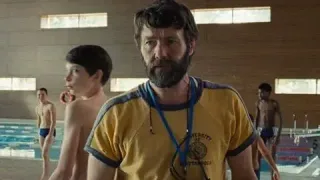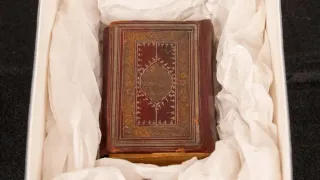March 18, 2017
Philanthropic Family Gifts TOY $1.5 Million for Youth Shelter
Maria Dominguez READ TIME: 2 MIN.
Time Out Youth Center (TOY) has received the most generous donation of its lifetime as Sarah Belk Gambrell (of Belk department stores fame) has announced that her Gambrell Family Foundation will give $1.5 million to the organization. The donation is personal; one of Gambrell's teenage grandsons recently came out as gay, and the family wants to help youth like him to fully realize their potential.
"I think this could save lives," Gambrell Foundation manager Sally Gambrell, daughter to Sarah Belk Gambrell, told The Charlotte Observer. "Not all families are as understanding, meaning other children who come out as gay may not be as lucky to still have a home."
The funds represent nearly half of TOY's $3.4 million goal needed to build their new youth shelter at the Monroe Rd. location currently under renovations. The organization's executive director, Rodney Tucker, told qnotes in a recent interview that a shelter has been a long-held, distant dream for the organization. Now, it seems, the dream is on its way to becoming a reality.
"A youth shelter has always been in the strategic plan for the board of directors. It was our number one goal to look at," Tucker said. "[Now] it becomes a real way that we can make it happen."
Even more important than the money itself, the gift essentially declares that one of the most influential philanthropic families is on the LGBTQ community's side. Sally Gambrell expressed her desire to lead by example, making this donation and using her family name to draw more donations to the cause.
"I just want to invest in young people so they can reach their potential and contribute to society," she said. "I'm inviting people to join me."
The leaders at Time Out Youth appreciate this gesture and are proud to be the vehicle for change in a region that in recent years has been openly hostile to LGBTQ people. Tucker told the Observer that the family's gift is more than money:
"It is a statement to the city, state and country that we are more than House Bill 2 - that our city cares about the LGBTQ community and will ensure that our city is a welcoming place for all."
 Copyright QNotes. For more articles from QNotes visit
Copyright QNotes. For more articles from QNotes visit 





